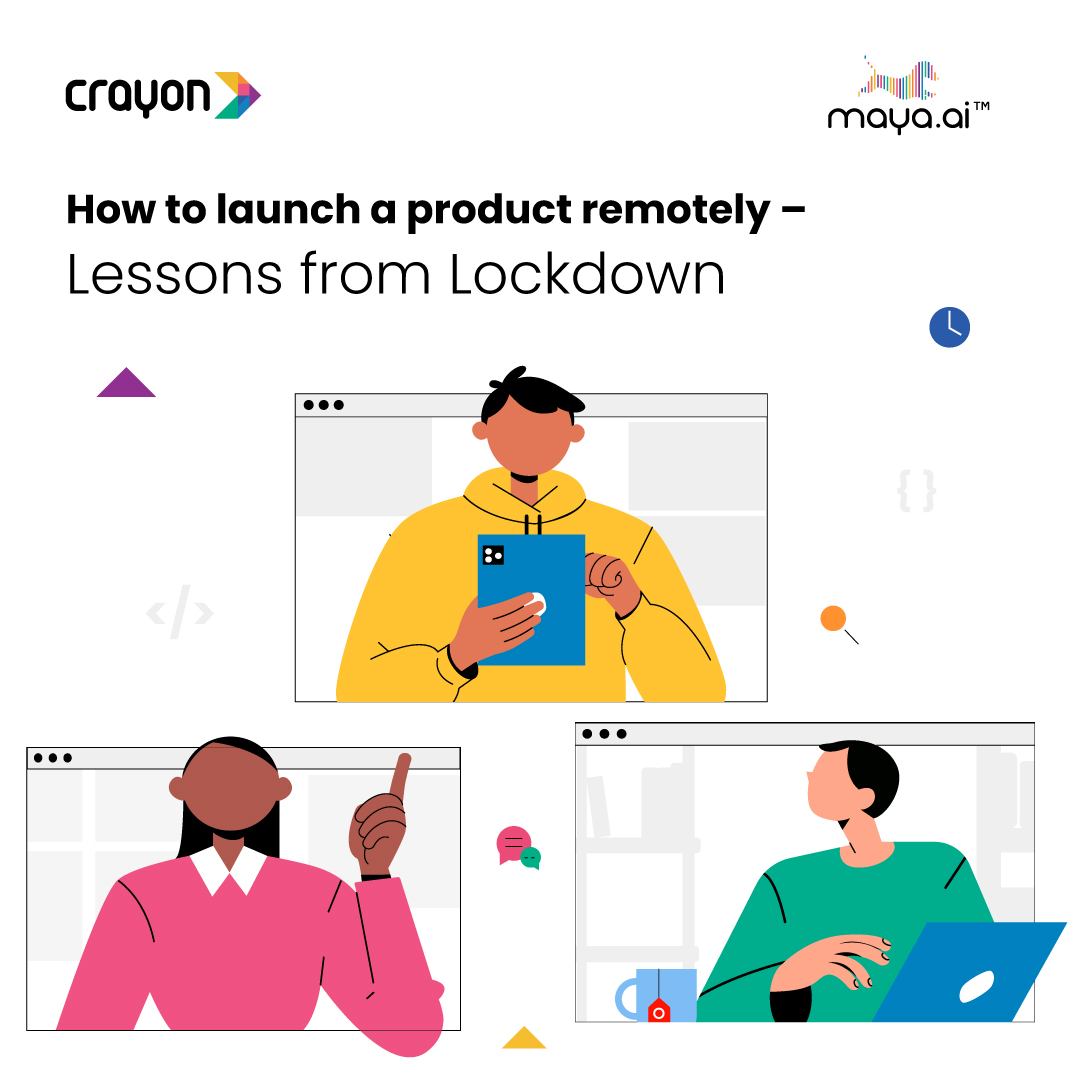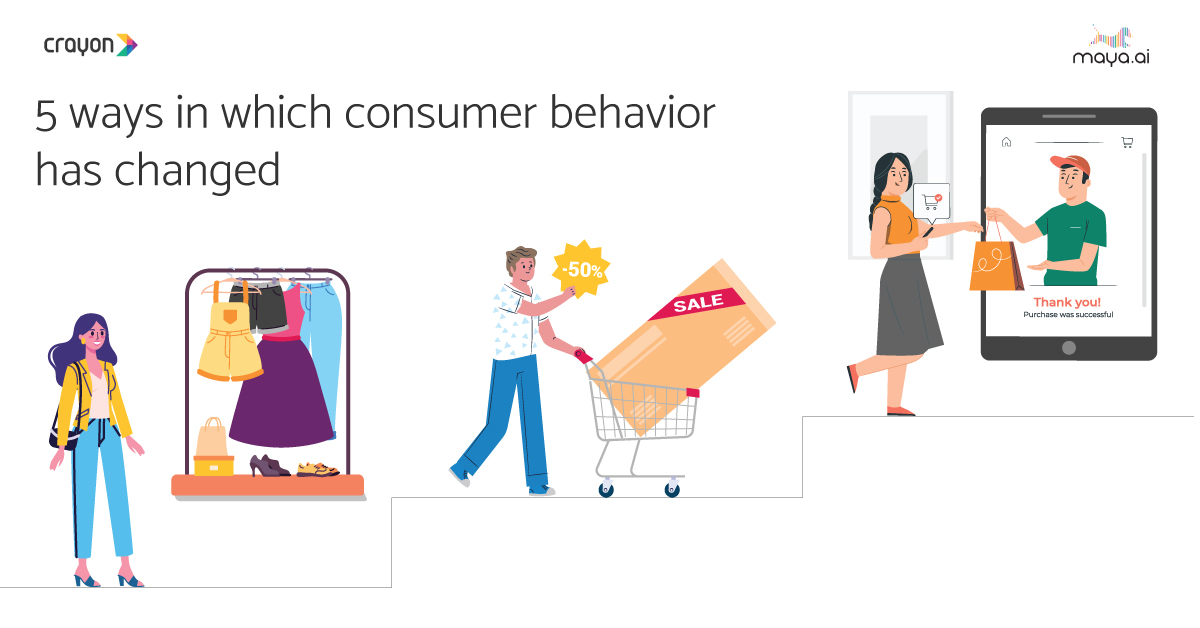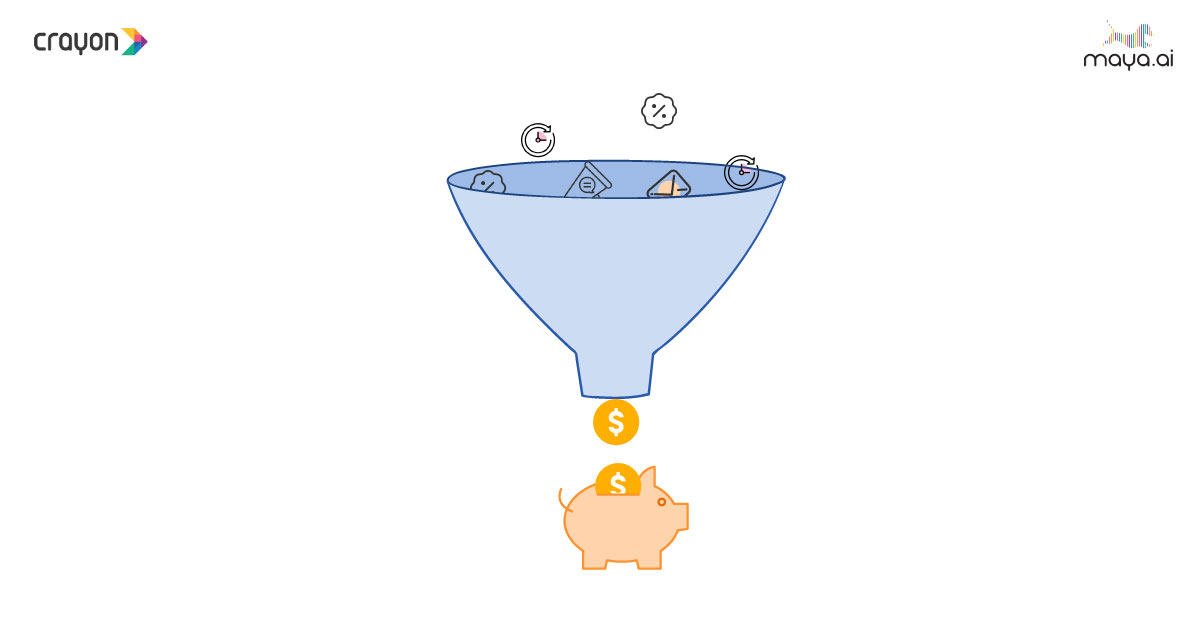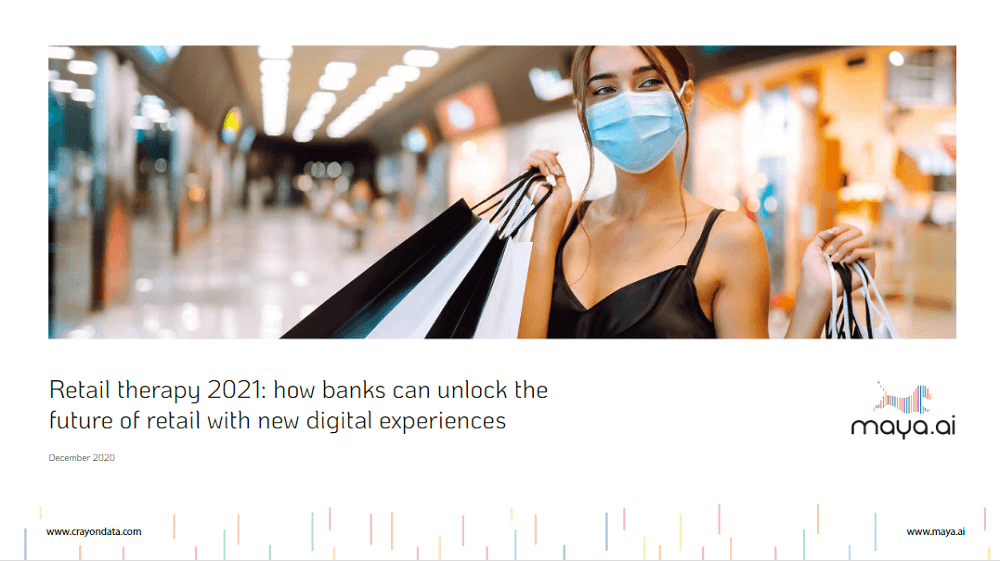Business data had always existed but so far had never been tapped internal efficiency. Today companies like Amazon are using this data to improve their customer relations. There are endless big data case studies where companies have leveraged Big Data to improve productivity. Big data helps to improve office productivity as companies have started to place sensors throughout the office for tracking employee movements.
The employers are now matching this data with surveys on employee satisfaction to increase productivity. The Bank of America has made its workers wear badges having sensors to get information about social welfare importance for call-center employees. By analyzing customer spending habits and demography analysis, Capital One decides on the best times to present offers to their customers.
Ways in which Big Data promotes business efficiency
1. All-Encompassing View of Customers
When you evaluate customer data you are likely to get a person’s name and location, purchase history etc. But this may not be enough to suggest how he is as a person. With big data, customer profile is undergoing a change and you can get to know devices he uses or items that he is interested in. So, you end up getting a dynamic and comprehensive view of your target audience. Based on this you can figure out how to interact with him. Customer intelligence will help you as an entrepreneur to work towards improving customer experiences.
2. Using Customer Intelligence to Close Deals
Both in sales and marketing, big data is already playing a critical role in executing their campaigns. This is because customer intelligence can make or break deals. It is possible to detect customer behavioral patterns through predictive analysis. So, it is possible to offer specific services to people of a particular region after examining prior campaigns there that have been productive. Software bots who are running on information churned out by Big Data solutions, are able to help salespeople close deals faster with accurate and reliable information at the right time. Big data can even tell you whether the deal is likely to be closed. So, businesses are no more flying blind or relying on luck alone.
3. Better Communications by Analyzing Customer Calls
Since call centers are basically customer-centric, big data can suggest improvements in quality. As managers get a peek into transactions, operations, customer behavior and experience, they can identify loopholes. When you study recorded calls, you can analyze the tone, keywords used and call experience. Calls can also be routed to the more experienced personnel that in turn will contribute to a better customer experience.One of the biggest ways in which big data boosts business growth is its power to use unstructured data like voice recordings. The voice pitch, sentiment and tone are carefully evaluated and the customer support representatives can obtain real-time options to communicate better with callers.
4. Understanding Recruiting Patterns
Using big data, businesses can understand the red flags in the recruitment process. They will be able to spot candidates that are more likely to drop out. Since you can identify recruitment patterns, costs for training and looking for employees will also reduce. HR analytics can highlight problems like how the on-boarding process is affecting retentions of new employees or why a critical application process loses business talents. This helps the HR to make better decisions in the future and improve their strategies.
5. Enhances Marketing Efficiency
You can use big data to customize user experiences by introducing timely offers to attract the targeted audience across varied marketing environments. Data analytics will tell you when and what buyers are buying. The marketing departments can then take necessary action based on this input. For instance, if your marketing budget is less, you may avoid delivering ad messages to those who are your clients already or who are least likely to become your customers. You can link customer intelligence to marketing campaigns and suppress ad messages for people unsuited for certain offers. This helps is creating dynamic marketing campaign data based on which live campaigns can be managed. This prevents businesses from wasting funds on campaigns unnecessarily.

























